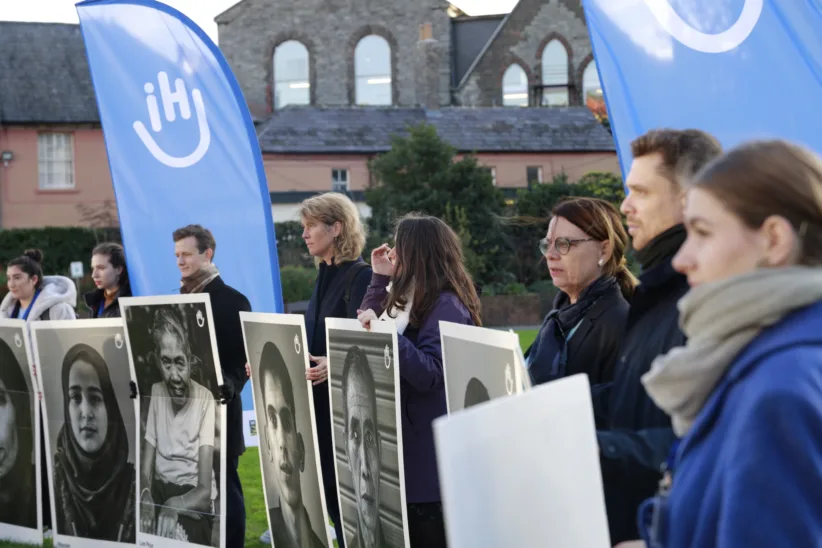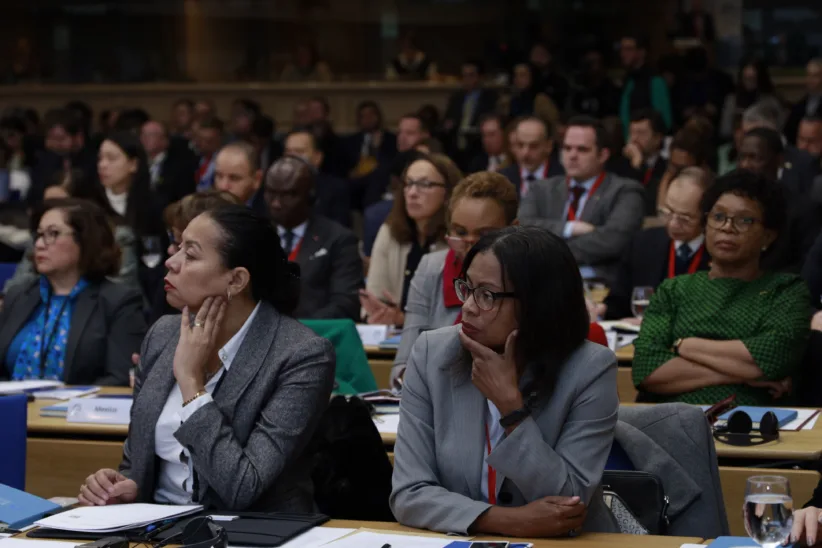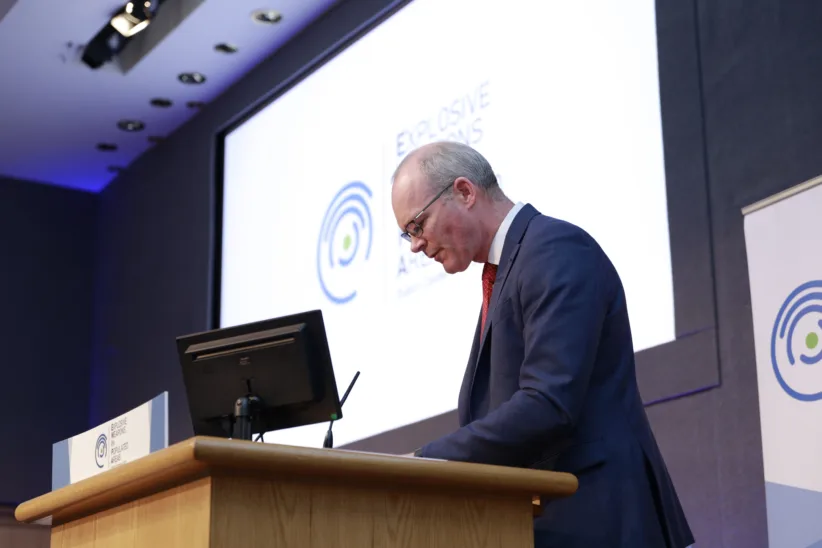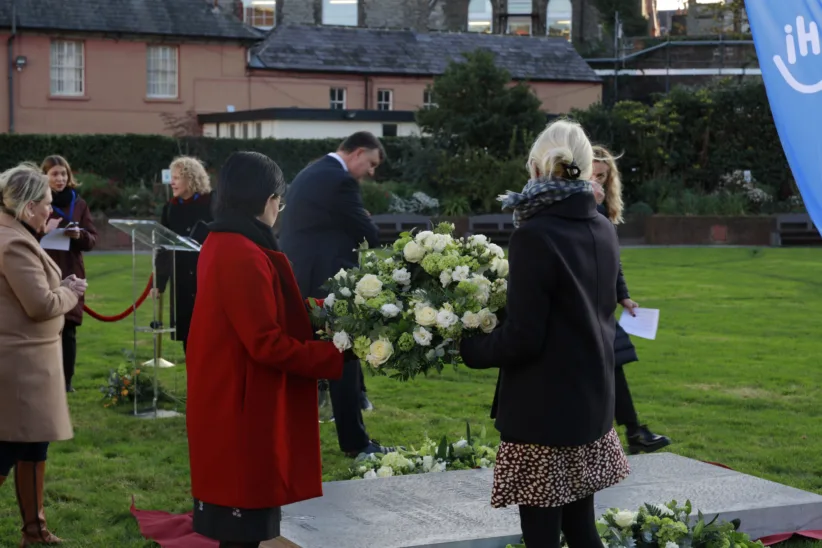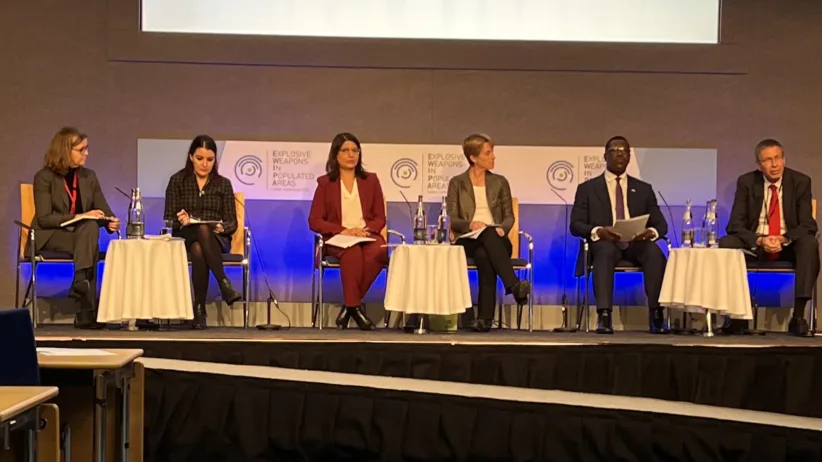82 countries write history in Dublin by endorsing declaration against the use of explosive weapons in populated areas
Last week, as Russia continued bombing Ukrainian cities, a number of states were gathered in Dublin to adopt a new international agreement to better protect civilians against the use of explosive weapons in populated areas (EWIPA).
When explosive weapons are used in populated areas, 90% of the dead or injured are civilians. This is a pattern that we see recurring in most armed conflicts today, and it is completely unacceptable. The fact that so many countries have come to understand this and have joined forces to do something about it, is a fantastic milestone for civilians in war-torn communities and those working to prevent and clear up after cities have been bombed, said a happy NPA humanitarian disarmament adviser Rasmus Sandvoll Weschke.
Weschke represents NPA on the board of the International Network on Explosive Weapons (INEW). This is a network of international disarmament organisations that have been advocating for the declaration.
For over a decade, INEW's member organisations have put pressure on nation-states and collected data on the humanitarian consequences of the use of the explosive weapons that the EWIPA-declaration will help limit. Many explosive weapons used in cities today were originally developed for open battlefields, causing immense harm and suffering.
The declaration text was finalised at the United Nations in Geneva on 17 June 2022, through a diplomatic process led by the government of Ireland. On Friday 18 November, the declaration opened for signature at a conference in Dublin. 82 states signed on the first day, which is exceptionally good for this type of declaration.
At the start of the conference, a video greeting from Prime Minister Jonas Gahr Støre was aired. Here, the Prime Minister emphasised Norway's commitment to ensure good implementation of the declaration.
The promises made by the Prime Minister were followed up by Merete Fjeld Brattested, Director General of the Norwegian Ministry of Foreign Affairs, who announced at the end of the conference that Norway will host the first meeting on the political declaration in 2024.
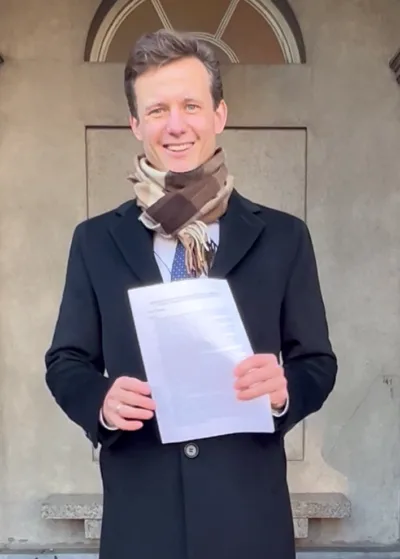
"The declaration must lead to real change on the ground - that is the main goal of the work. It sets the agenda for important changes that nation-states must make to their military doctrines to provide civilians with better protection. We reached a giant milestone today, but the work is far from over," says Weschke.
Similar to how the treaties on landmines and cluster munition have stigmatised these weapons to the point that today, very few states use them, the hope is that the EWIPA-declaration will raise the bar for using explosive weapons in populated areas.
“NPA looks forward to continued cooperation with Norwegian authorities and to follow up the necessary changes in Norwegian military practice and plans. The declaration must lead to action, also in Norway," says Weschke.
At the conference, rights activist and wheelchair user Nujeen Mustafa shared a strong testimony. At just 16 years old, together with her sister she was forced to flee 3500 kilometers through eight countries to Germany after war broke out in the hometown of Aleppo. Being a wheelchair user, this was a huge strain.
“I am in a safe country now, doing much better, but the feelings I experienced at the time, the
feeling of being under great risk of danger, is something I will never forget. This is what happens when civilians are bombed. I'm so happy to be here today. By signing on to this declaration you have declared yourself as willing to end the suffering that many civilians like me experience from the use of explosive weapons in cities and towns. And you also declare to assist the victims and the communities affected by armed conflicts”, she said.

